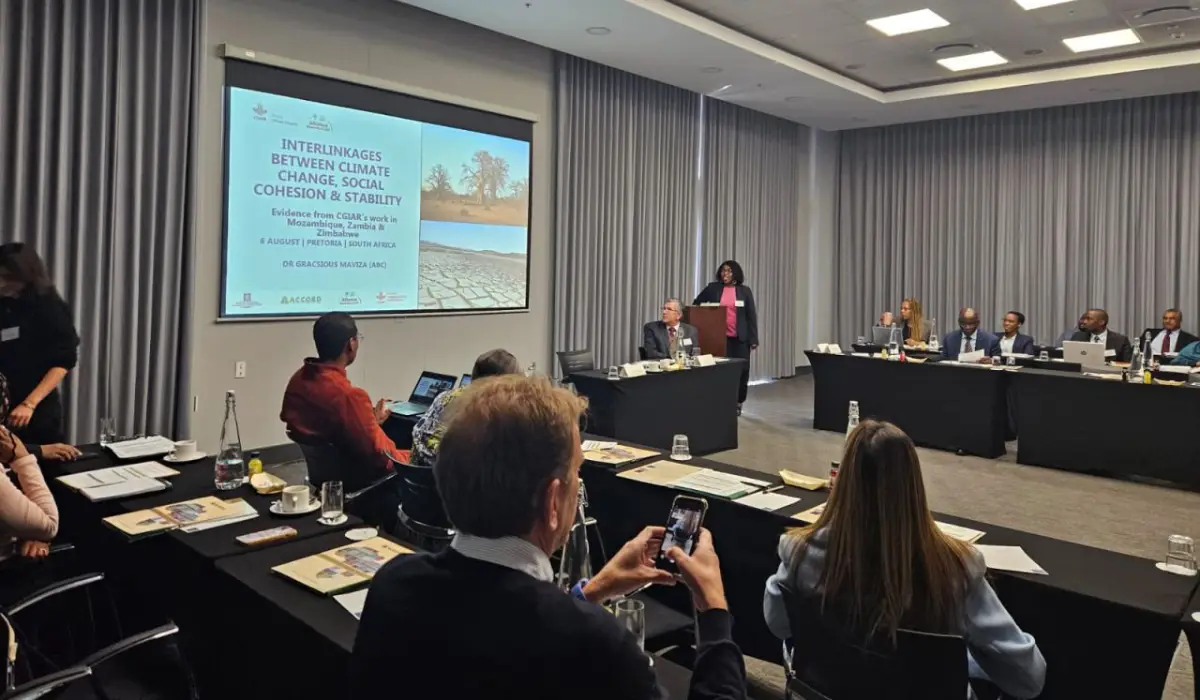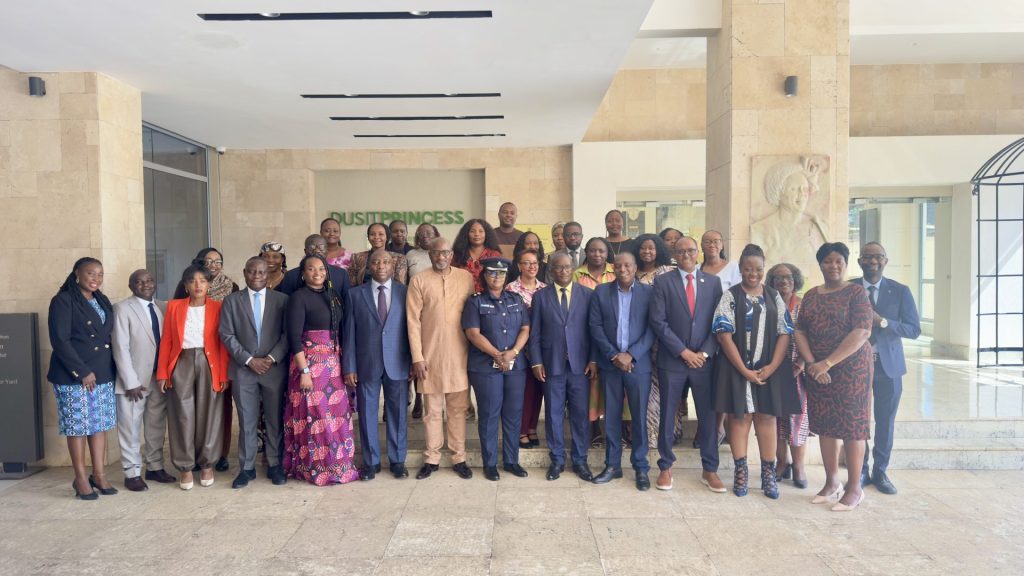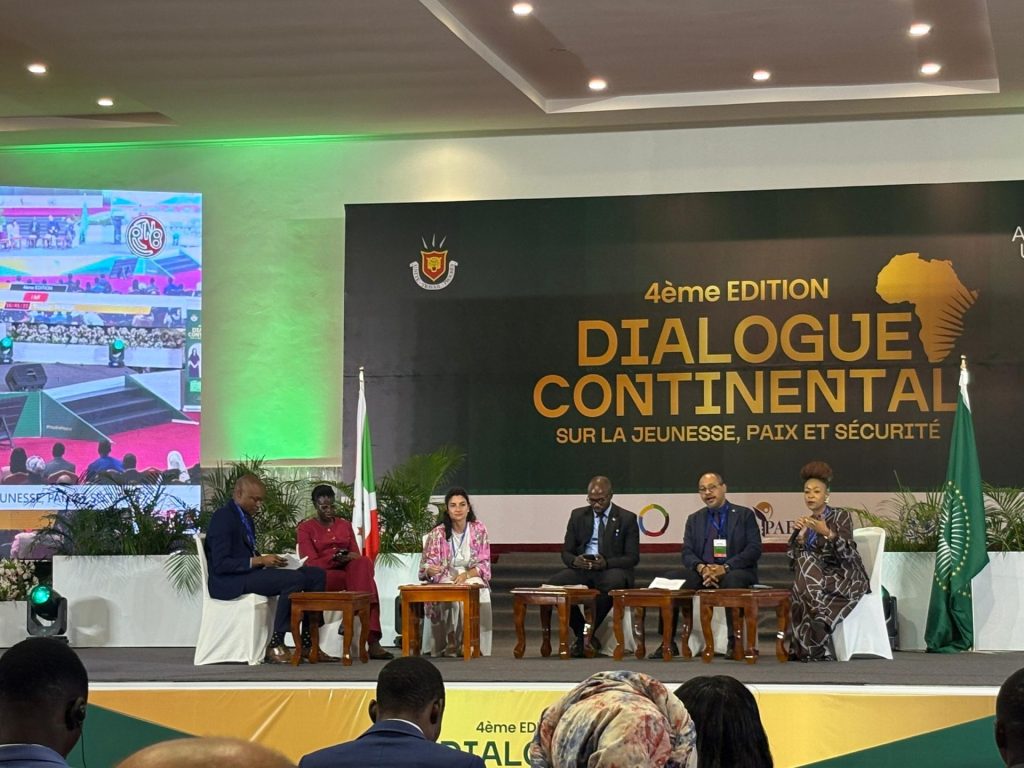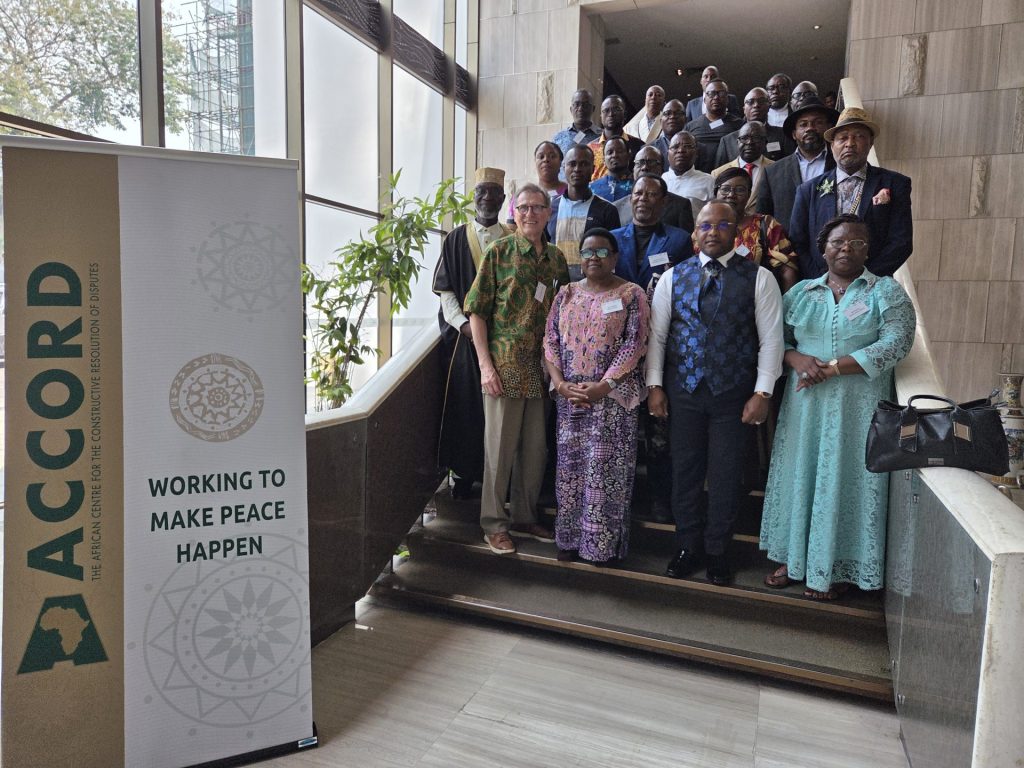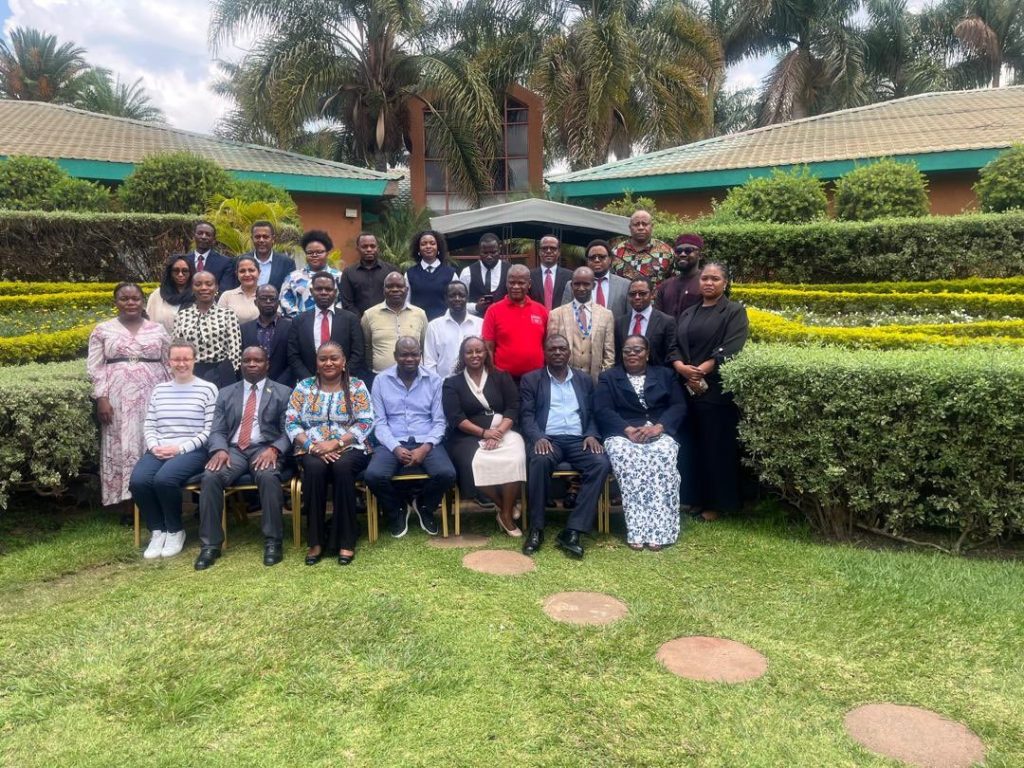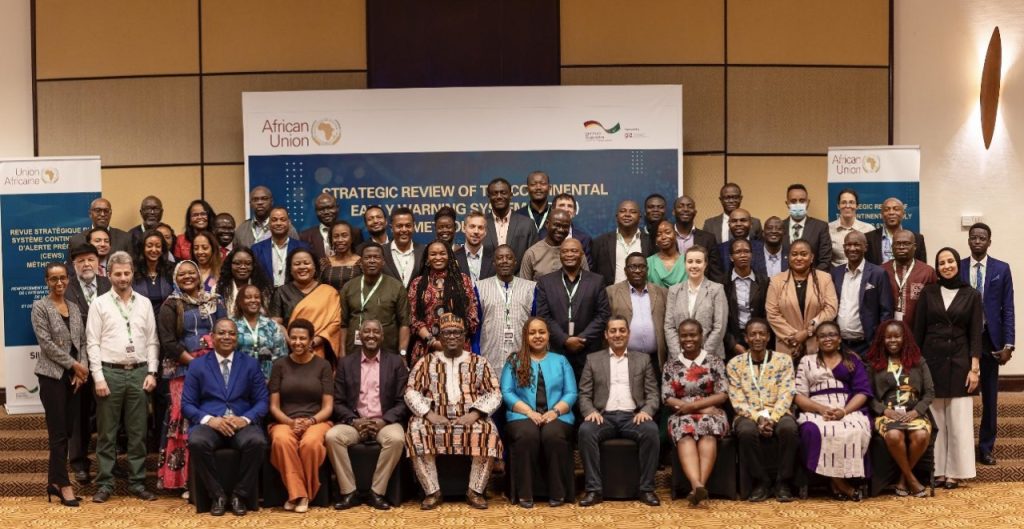On 6 August 2024 ACCORD, in partnership with the Consultative Group on International Agricultural Research (CGIAR), convened a workshop titled The Impacts of Climate Change on Social Cohesion and Stability in Southern Africa: Investing in More Resilient Networks and Adaptive Institutional Capacities at Local, Regional, and International Levels. The workshop, which was held in Pretoria, brought together local embassy staff, policymakers, and researchers from various research institutions.
At the workshop, expert research presentations were given by Cedric De Coning, ACCORD Special Advisor; Gracsious Maviza Scientist at the Alliance of Bioversity International and CIAT; Joao Pereira, Executive Director at Mecanismo de Apoio a Sociedade Civil (MASC); Evans Daka, Lusaka Province Co-ordinator at Southern African Centre for the Constructive Resolution of Dispute (SACCORD); and Nqobile Moyo, Regional Co-ordinator at the Southern Africa Partnerships for the Prevention of Conflict (SAPPC). These presentations detailed the threats, challenges, and collaboration campaigns intending to lead climate adaptation and mitigation efforts within the Southern African region. The workshop was attended by representatives from the embassies of Angola, China, Comoros, Denmark, Egypt, Eswatini, the European Union, Ireland, Finland, Morocco, Norway, Switzerland Turkey and Zimbabwe. Additionally, representatives from the African Peer Review Mechanism, the Institute for Security Studies, Angles Nest Southern Africa and the United Nations Human Rights Commission, amongst others, were also in attendance.
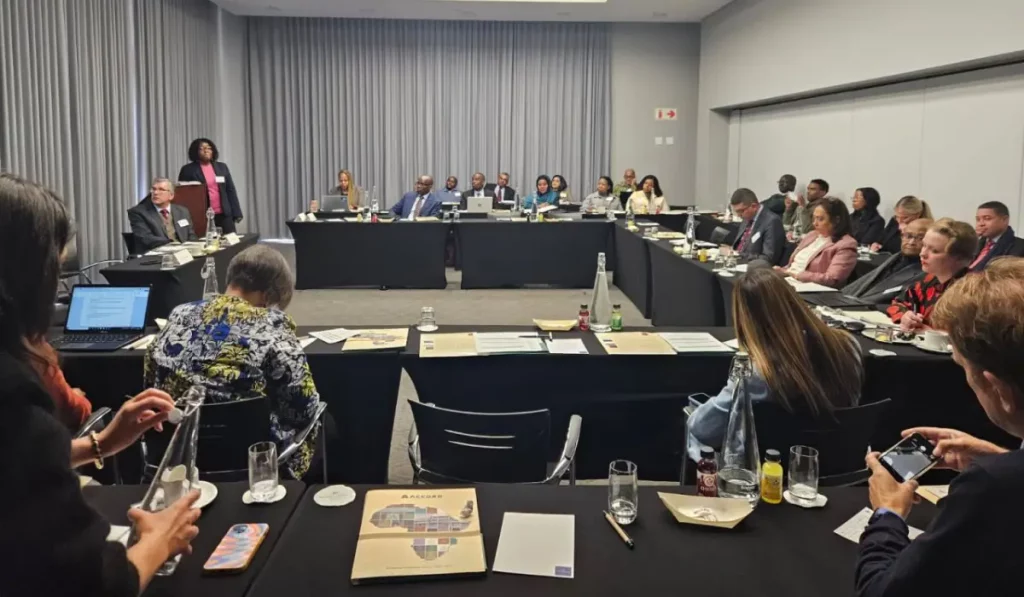
As Southern Africa grapples with escalating climate challenges, the workshop sought to address critical issues at the intersection of climate change and social stability. Topics presented and discussed included those of food security and drought, building resilience to climate change, and the human security challenges associated with climatic shocks within the Southern African region.
ACCORD promoted stakeholder collaboration and the establishment of resilient networks to enhance the organisation’s comprehensive stakeholder approach. The crafting and development of information networks and bodies of knowledge is a factor that is also central to building resilience to the disastrous effects of the climate crisis.
ACCORD will continue to engage in issues relating to climate change and how it affects issues of peace and security in Africa.

